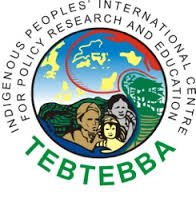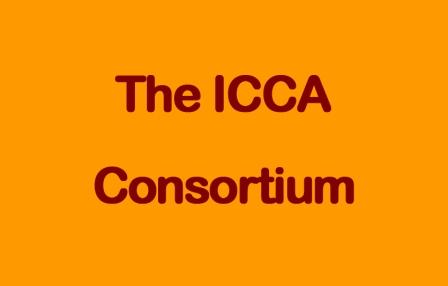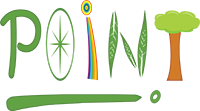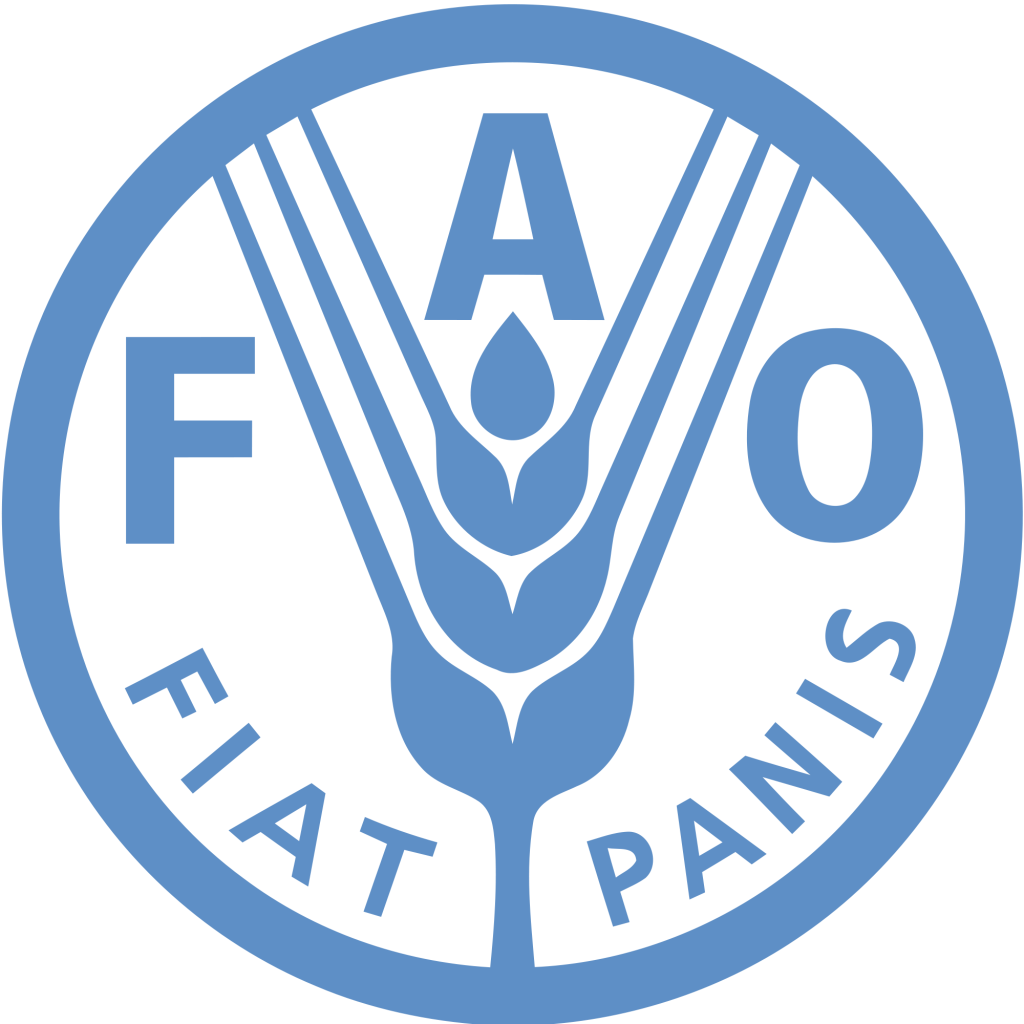Rwanda Legal Aid Forum
Vision
A Rwanda where the indigent and vulnerable groups have equitable access to justice.
Mission
To promote and support the provision of accessible and quality legal aid services.
Core Values
In order to achieve its Vision and Mission, the Forum is guided by the following core values :
Respect people in their diversities
Accountability and transparency
Independence
Innovation
The best interests of our member organizations.











